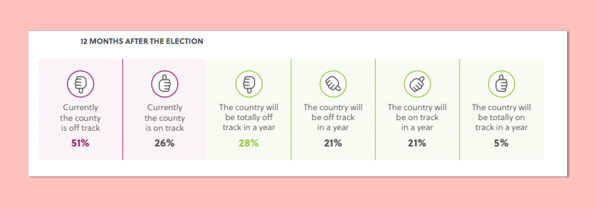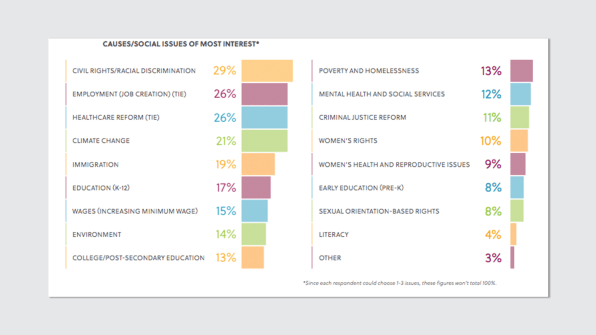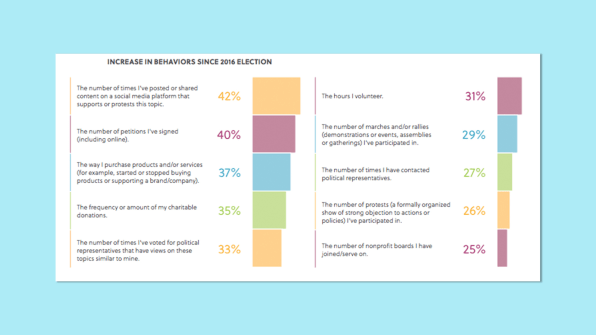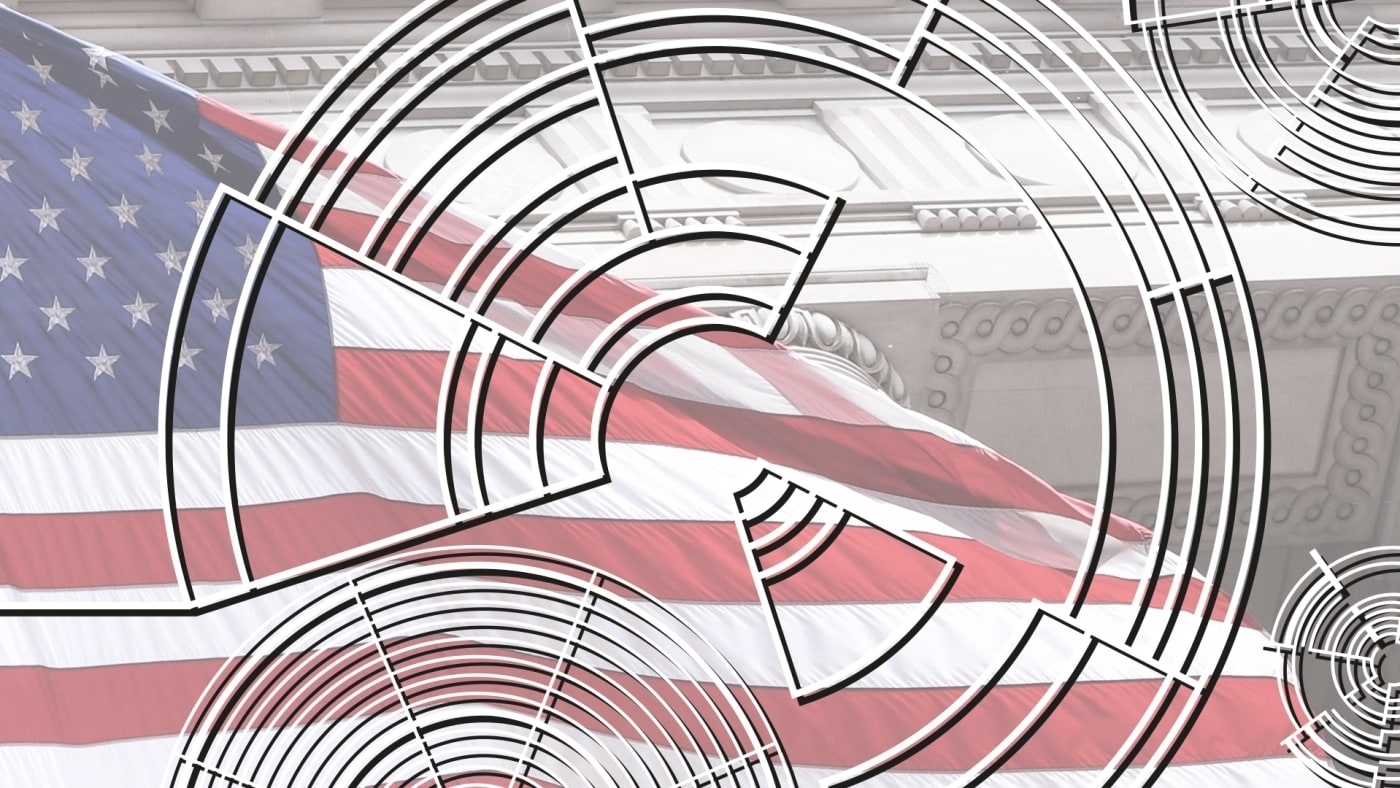Millennials Are Finding New Models For Driving Change
During the 2016 presidential election, many millennials considered voting to be the most generous way they might donate a little bit of time to move the country forward. “The attention a presidential election necessarily shines on social issues had not inspired millennials to get any more involved than they normally had been,” notes the authors of the recently released 2017 Millennial Impact Report, part of an annual series that surveys how deeply millennials engage with cause work, which is supported by Achieve, a research and marketing agency, and backed by the Case Foundation.
Then Donald Trump happened. Six months into a presidency focused on repealing the Affordable Care Act, building a border wall, banning immigrants, and tacitly condoning many forms of bigotry, over 70% of millennials felt upset or unsure about the direction the country was heading, according to a representative survey of 3,000 young people noted in the most recent report. That number has stayed not only stayed consistent as Trump’s term has progressed, but led the majority of young Americans to believe that the country is “currently off track” in its decisions and value system, according to the report’s analysis.

While many millennials still see voting as important, they’re also seeing other ways to make an impact as potentially more powerful. Most still believe in the power of traditional nonprofits and governmental institutions to fix things. But they also believe nearly equally in the power of their own actions. For nonprofits used to just soliciting donations, that means figuring out a new way to interact with this generation, especially because many may have passion but not deep financial resources yet. (Only 6% of those surveyed reported donating as a typical behavior, with the average gift at $25 or less.)

According to the report, most millennials have typically seen voting, petition signing, and sharing on social media as staple ways to support causes they care about, followed by more aggressive tactics like changing how they shop, contacting political officials directly, and marching in rallies.
When asked what they thought were the most obvious ways to make change today, though, survey takers no longer considered voting the best move. The priority is now signing petitions, and attending protests and rallies. The idea of voting for change comes in fourth overall, followed by closely by things that people may feel can sway or support public opinion more openly, like volunteering with a cause group or changing their buying behavior (alongside the somewhat hard to measure metric of social media sharing, which may work as a rallying tool, but not really to shift perceptions if your network is full of like-minded people).

The causes that appear to matter most to this generation are both personal and universal. First on the list is battling for civil rights and against racial discrimination, followed by ensuring fair employment and healthcare access, and then fixing climate change, immigration rights, and the educational system. Other issues like poverty and homelessness, criminal justice reform, and women’s reproductive rights also make the list but may be ranked lower because they overlap with the other topic areas.
The next generation of cause supporters is learning that there’s a balance between what might be most impactful and most convenient. You can’t necessarily travel to every protest, for time and logistical reasons, for instance. After sharing or reposting on social media, the top two change-making actions that appear to have increased since the election are petition signing and shifting buying habits to support or boycott brands or services based on how they aligned with different values.
Whether that may lead to real change has yet to be seen–in the survey, only 43% millennials actually believed that was possible. But one key finding for cause groups seeking more allies and supporters is to “align with millennials’ belief in themselves as having many assets to use on behalf of a cause,” notes the report. The idea is that millennials are willing and ready to think a bit outside the box to change the world. If groups want to recruit them, they need to see each person as an individual, not just a volunteer, or donor, or advocate. That means doing millennial-first advertising, like establishing “ways to collect and share stories that illustrate your influence on an issue (focusing on how supporters made that influence felt, rather than emphasizing your organization).”
(29)



